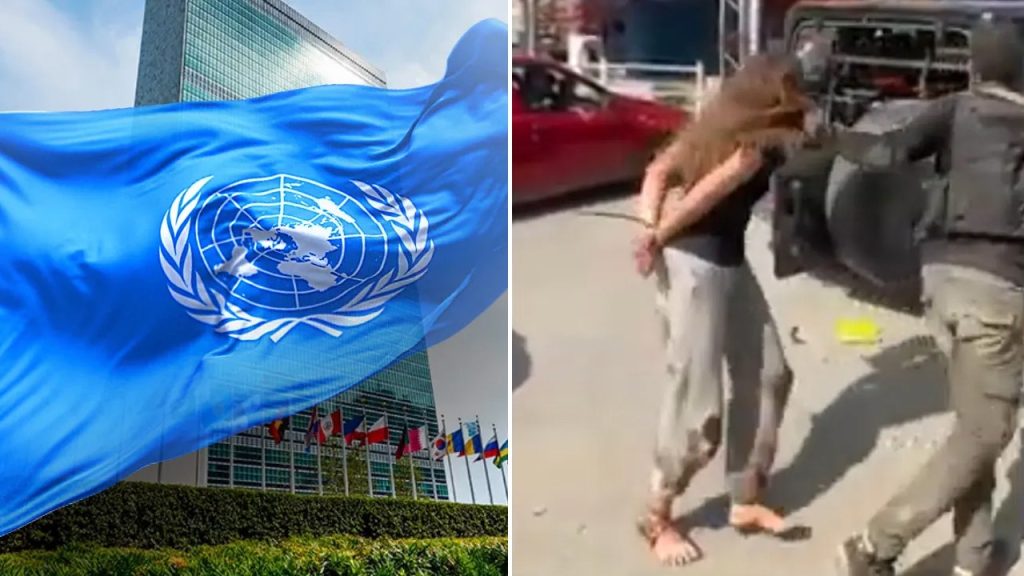A meeting of the United Nations Security Council to discuss the hostages held by Hamas terrorists in Gaza faced criticism for not having its lead official on sexual violence in conflict address the members. The Special Representative of the Secretary General on Sexual Violence in Conflict, Pramila Patten, withdrew from the meeting, which was centered on condemning hostage-taking as a psychological tool of terrorism. The diplomat’s decision to withdraw was speculated to be politically motivated, as there was pressure not to prioritize the Israeli hostages over Palestinians caught in the conflict with Gaza.
Hamas was accused of murdering nearly 1,200 people during its invasion of Israel on October 7 and abducting over 250 people. The terrorist group was said to have committed sustained sexual violence during the massacre. The U.S. mission to the U.N. organized the meeting, which was the first of its kind on the topic. Israeli Ambassador Gilad Erdan expressed satisfaction at having the Security Council focus on the hostages and discuss ways to pressure Hamas for their release. The meeting aimed to address actions U.N. agencies and the Security Council could take to speed up the release of the hostages.
The Special Representative of the Secretary General on Sexual Violence in Conflict, Pramila Patten, expressed regret for not being able to participate in the informal meeting of members of the UNSC but reiterated her support for any process that could lead to the release of the hostages. Patten’s office had been in discussions with the Government of Israel on addressing sexual violence in conflict, and her findings and recommendations had been shared at previous U.N. Security Council sessions. However, criticism was raised against U.N. officials, including the Secretary-General, for failing to acknowledge Hamas’ sexual violence crimes and for attempting to equate the actions of Israelis with Palestinians wrongly.
Israeli officials had called for United Nations Secretary-General Antonio Guterres to resign for allegedly failing to confront Hamas terrorism and its sexual crimes. Foreign Minister Israel Katz accused Guterres of standing with the perpetrators of the crimes by omitting mention of Hamas’ sexual violence in a report on conflict-related sexual violence. A spokesperson for Guterres refuted these claims, stating that the Secretary-General had highlighted the abhorrent acts of violence and had called for investigations into all reports of sexual violence. The United States Ambassador to the United Nations, Linda Thomas-Greenfield, declined to comment on Patten’s attendance at the meeting.
The issue of sexual violence in conflict, particularly relating to the situation involving hostages taken by Hamas, has brought international attention and controversy. The failure of the United Nations to address these crimes and to prioritize the victims underscores the complexities and challenges in dealing with such atrocities. Efforts by various parties to highlight the issue and pressure the U.N. to take action have led to a heated debate and calls for accountability within the international community. The ongoing discussions and diplomatic efforts between relevant parties aim to find solutions to address these grave human rights violations and ensure justice for the victims.


